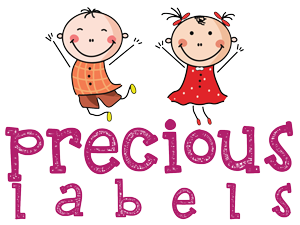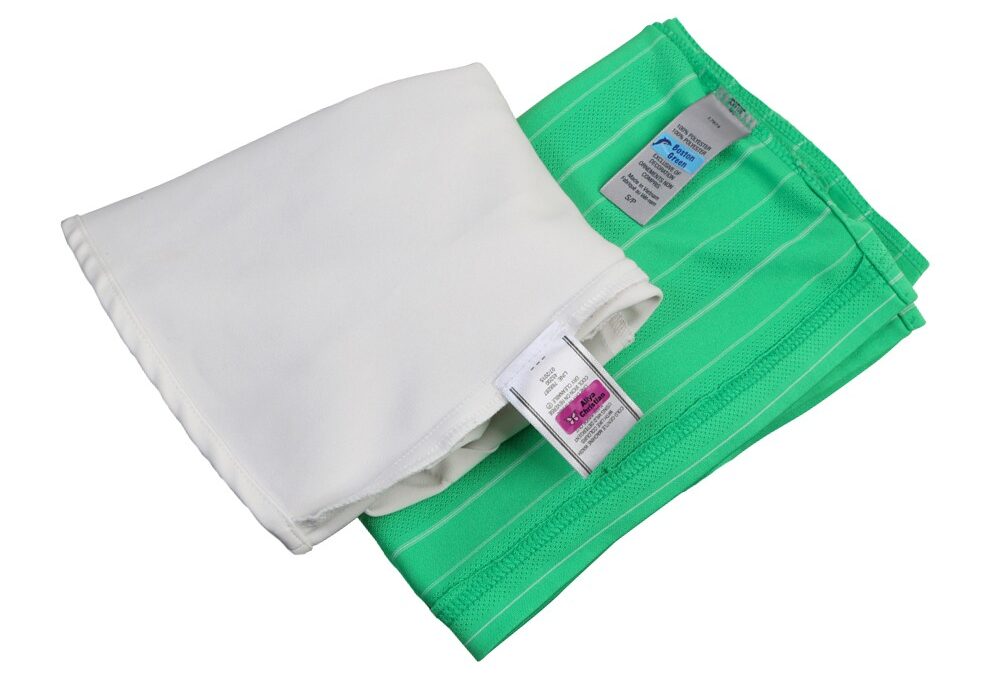In recent years, the fashion industry has witnessed a significant shift towards sustainability, and this trend is now reaching even the minute details, such as clothing labels. As consumer awareness about environmental issues grows, clothing brands in New Zealand are embracing sustainable clothing label materials. This blog explores the rise of these materials and their impact on the fashion industry in New Zealand.
Sustainable Clothing Labels:
Any clothing must have a label that conveys the brand name, care instructions, and other relevant details. Materials like polyester and nylon, derived from non-renewable resources and can cause pollution, have traditionally been used to make clothing labels. However, with the rise of sustainability-oriented practices, several alternative materials are gaining popularity in New Zealand.
- Organic Cotton Labels:
Organic cotton labels have emerged as a preferred choice for many clothing brands in New Zealand. These labels are made from cotton that is grown without the use of harmful chemicals or pesticides. Organic cotton cultivation promotes healthier soil, reduces water consumption, and ensures the well-being of cotton farmers.
- Recycled Polyester Labels:
Recycled polyester labels are gaining traction in the fashion industry due to their reduced environmental impact. These labels are made from post-consumer recycled plastic bottles, which helps divert waste from landfills while utilizing fewer resources.
- Bamboo Labels:
Bamboo, known for its fast growth and sustainability, is also finding its way into clothing labels in New Zealand. Bamboo labels are soft, durable, and biodegradable, making them an attractive choice for eco-conscious brands. Additionally, compared to traditional crops, bamboo requires fewer pesticides and water to grow.
- Hemp Labels:
Hemp, a highly sustainable crop, is becoming popular as a clothing label material in New Zealand. Hemp labels are durable and have antimicrobial properties, making them suitable for various clothing items. Hemp cultivation requires minimal water and helps improve soil health.
Impact on the Fashion Industry:
The acceptance of sustainable clothing label materials in New Zealand is in sync with the industry’s broader shift towards eco-friendly practices. By using these materials, clothing brands can make a contribution to environmental conservation and promote conscious consumerism.
- Enhanced Brand Image:
Clothing brands that prioritize sustainability & use eco-friendly label materials project a stronger brand image among environmentally conscious consumers. That helps in building customer loyalty and attracting like-minded shoppers.
- Meeting Consumer Demand:
Consumers in New Zealand are increasingly demanding sustainable fashion options. By using sustainable clothing label materials, brands cater to this demand and align themselves with the values of their target audience.
- Encouraging Industry Transformation:
As more clothing brands in New Zealand adopt sustainable materials for clothing labels, it sets an example for others in the industry. That encourages further innovation and pushes the boundaries of sustainable practices throughout the entire fashion supply chain.
The rise of sustainable clothing label materials in New Zealand marks a positive step towards a more environmentally conscious fashion industry. Organic cotton, recycled polyester, bamboo, and hemp labels give an opportunity for brands to showcase their commitment to sustainability while delivering high-quality products. As consumers become more aware of the environmental impact of fashion, the use of sustainable clothing labels becomes an essential factor in the purchasing decisions of eco-conscious individuals.
By embracing these sustainable materials, clothing brands in New Zealand contribute to a greener future, reduce their carbon footprint, and inspire positive change within the fashion industry.

